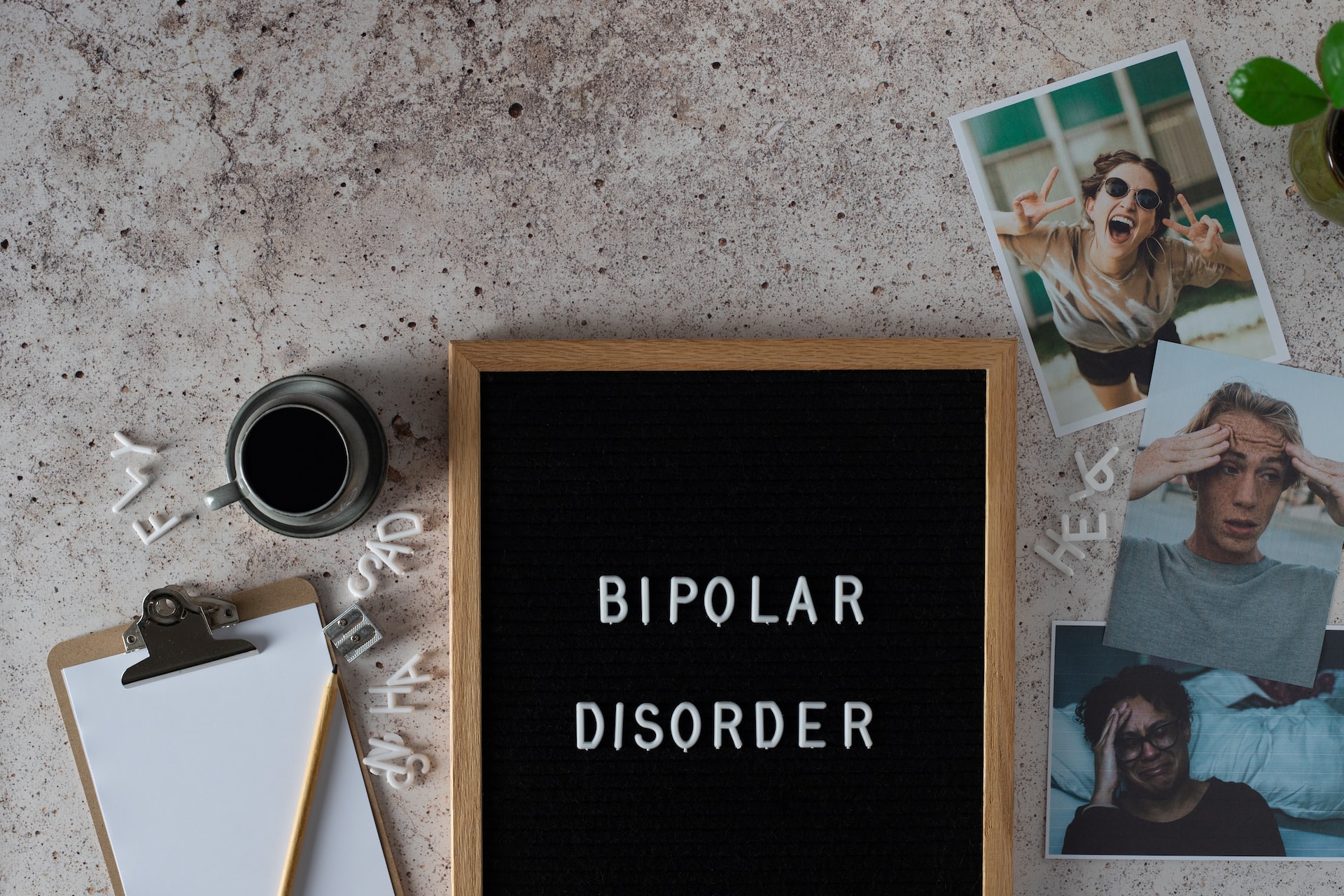Table of Contents
Bipolar disorder is a mental illness that affects how you think, feel, and act. It causes dramatic shifts in mood, behavior, and energy levels that can be very difficult to manage. Bipolar disorder is a serious and sometimes debilitating illness, but it does not have to be a life sentence.
The actual cause of bipolar disorder is not known, but according to experts, it might be related to your genes or brain chemistry. Bipolar disorder is a mental disorder that affects your brain, making you feel either very happy or sad. Bipolar disorder causes extreme mood swings. These can be the same type of swings that you see in people with depression or attention-deficit/hyperactivity disorder (ADHD) or from drug use.
Bipolar disorder typically affects about 1% to 2% of the population. However, it can affect people of all ages, genders, and backgrounds. The average age of onset is 16 years and the average duration is 7 years.
What are the Signs and Symptoms of Bipolar Disorder?
Bipolar disorder is considered to be one of the most complicated mental illnesses. The symptoms of bipolar disorder are not always easy to identify, because they can vary slightly from person to person. The symptoms include:
- Mood swings between extreme highs and lows
- A rapid shift in emotions
- Trouble sleeping, and can badly affect a person’s ability to carry on routine activities
- Dramatic mood changes are often associated with these feelings: irritability, extreme anger or euphoria; racing thoughts, and restlessness
- An inability to focus on any one activity for more than a few minutes at a time; memory problems
A person suffering from bipolar disorder may experience periods where they feel extremely happy or energetic, followed by depressive lows.
Tip: By determining what triggers your episodes and using self-help tools, you create a plan for symptom management.
It is important to seek help from a best Psychiatrist if you think you or someone you know might be dealing with bipolar disorder. With the right treatment, people living with bipolar disorder can lead fuller, more stable lives.
What are the Diagnostic Criteria for Bipolar Disorder?
According to the Diagnostic and Statistical Manual of Mental Disorders (DSM-5), there are three diagnostic criteria for bipolar disorder:
- A pattern of mania or hypomania lasting for at least one week.
- During the first two weeks of that period, a person must also have five or more symptoms of mania.
- The hypomanic or manic episodes must not be so mild or brief that they can be attributed to intoxication or another medical condition
What are Treatment Methods for Bipolar Disorder?
It is important to note that bipolar disorder is treatable and there are effective therapies and medications available to help manage its symptoms.
There are two main treatments that can be used: mood stabilizers, and antidepressants. Some people may require both treatments because the disorder frequently causes mood swings from hyperactivity to depression over time.
In some cases, these medications can be effective in treating cycles of mania or depression. Psychotherapy is frequently used to treat people with bipolar disorder, but also involves educating parents so they can help their child through the difficult times of an episode.
The main target of these drugs is the region of the brain called the hippocampus, an area in the brain that plays a role in regulating emotion, memory, sleep, and learning.
In addition, lifestyle modifications, such as getting adequate sleep and exercise, are important for managing bipolar disorder. It is important to seek treatment for bipolar disorder as soon as possible, as it can help reduce the frequency and severity of episodes.
With proper treatment and support from the Best Doctor in Dubai, individuals with bipolar disorder can manage their condition and lead successful and fulfilling life.
What are the Self-Management Strategies:
Bipolar disorder can be challenging to manage, but there are some self-management strategies that you can use to help manage your symptoms. These strategies can include:
- Developing a consistent sleep cycle
- Eating healthy meals and snacks on a regular schedule
- Exercising regularly
- Engaging in relaxation and mindfulness activities
- Avoiding drugs and alcohol
Additionally, it can be helpful to have a support system of family and friends and to have a treatment plan that includes medication, therapy, and lifestyle changes. By following these self-management strategies, you can help to better manage your symptoms.
In Conclusion:
Bipolar disorder is a serious and complex mental health condition that can have a profound impact on an individual’s life. Although the cause of the bipolar disorder is still not fully understood, there are a variety of treatments available, ranging from medications to therapy, that can help manage the symptoms and allow individuals to live full and productive lives. With early diagnosis and treatment, it is possible to manage the symptoms and lead a meaningful and productive life.
Note: With the right treatment plan, support, and dedication to self-care, those living with bipolar disorder can manage their condition, lead fulfilling lives and achieve their goals.
Consult a Psychiatrist – Don’t Lose Hope!
The psychiatrist connects with the patient and establishes an emotional connection, helping them identify the emotions they experience and helps them to understand the role these emotions play in their lives. The psychiatrist in Lahore can help bipolar disorder patients find ways to manage their symptoms better through treatment such as medications, therapy, and lifestyle changes.
FAQs:
Can you inherit bipolar disorder?
Bipolar disorder is often inherited, with genetic factors accounting for about 80% of the causes of the condition. Bipolar disorder is the mental disorder most likely to be inherited from families. If one of the parents has symptoms of bipolar disorder, the child has a 20% chance of acquiring the disorder.
What factors trigger bipolar disorder?
Stressful situations or circumstances often trigger the symptoms of bipolar disorder. Examples of stress triggers include the breaking up of relationships and physical, sexual, or emotional abuse.


